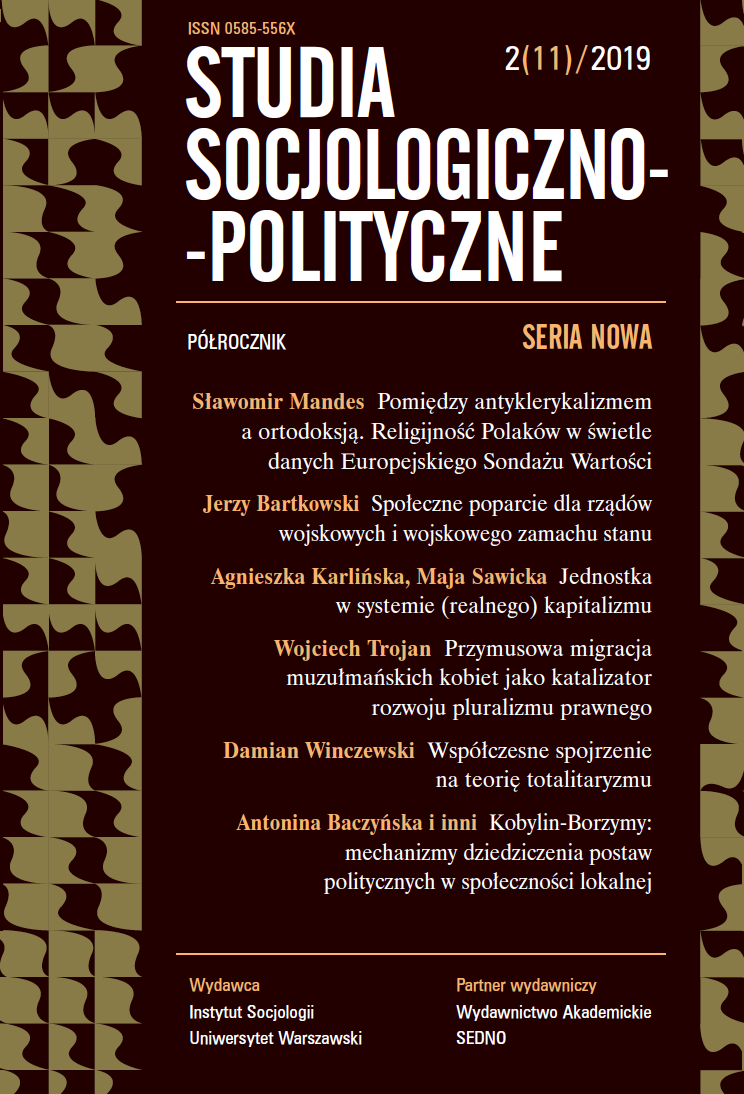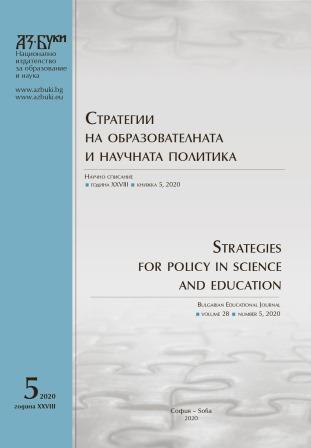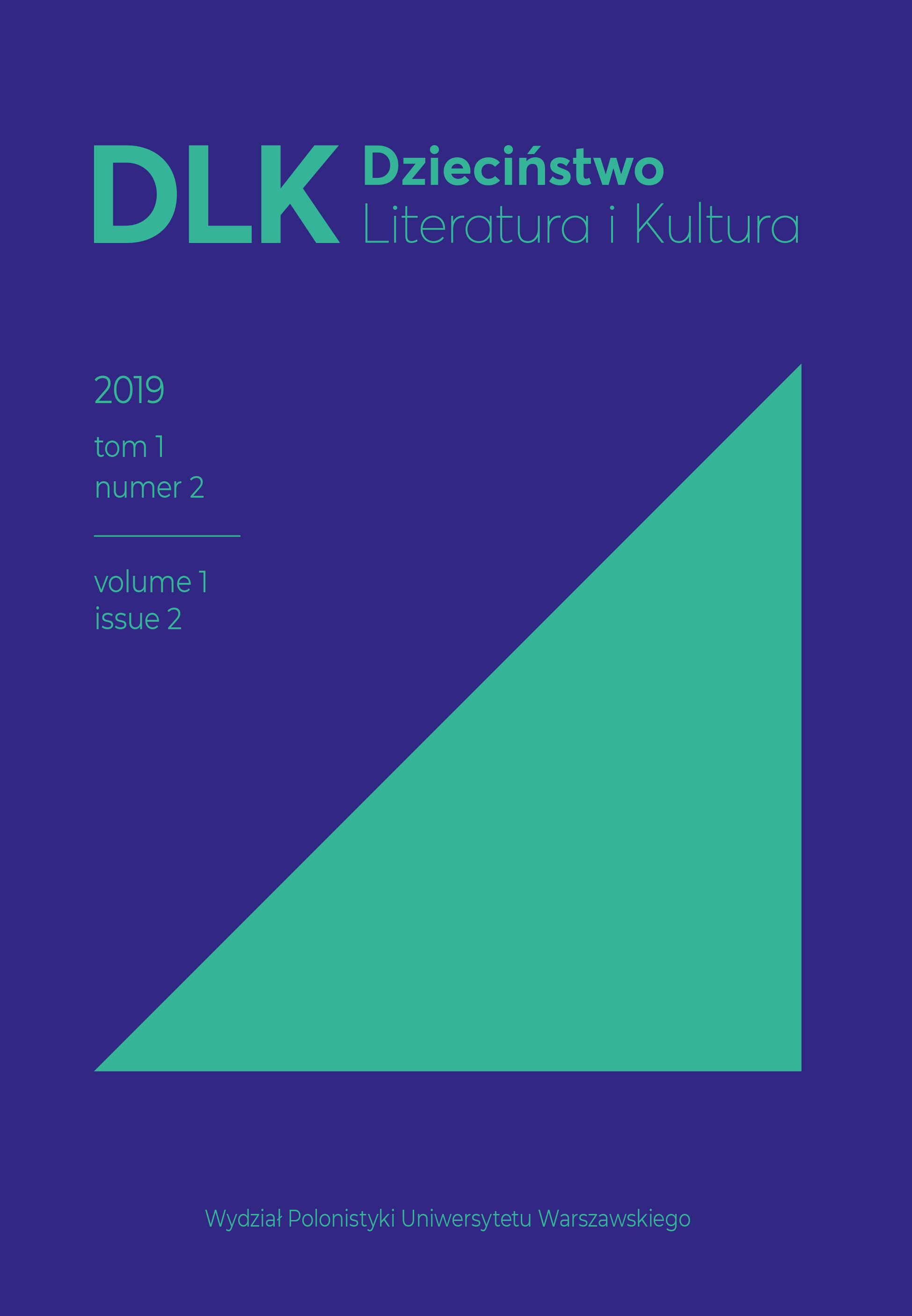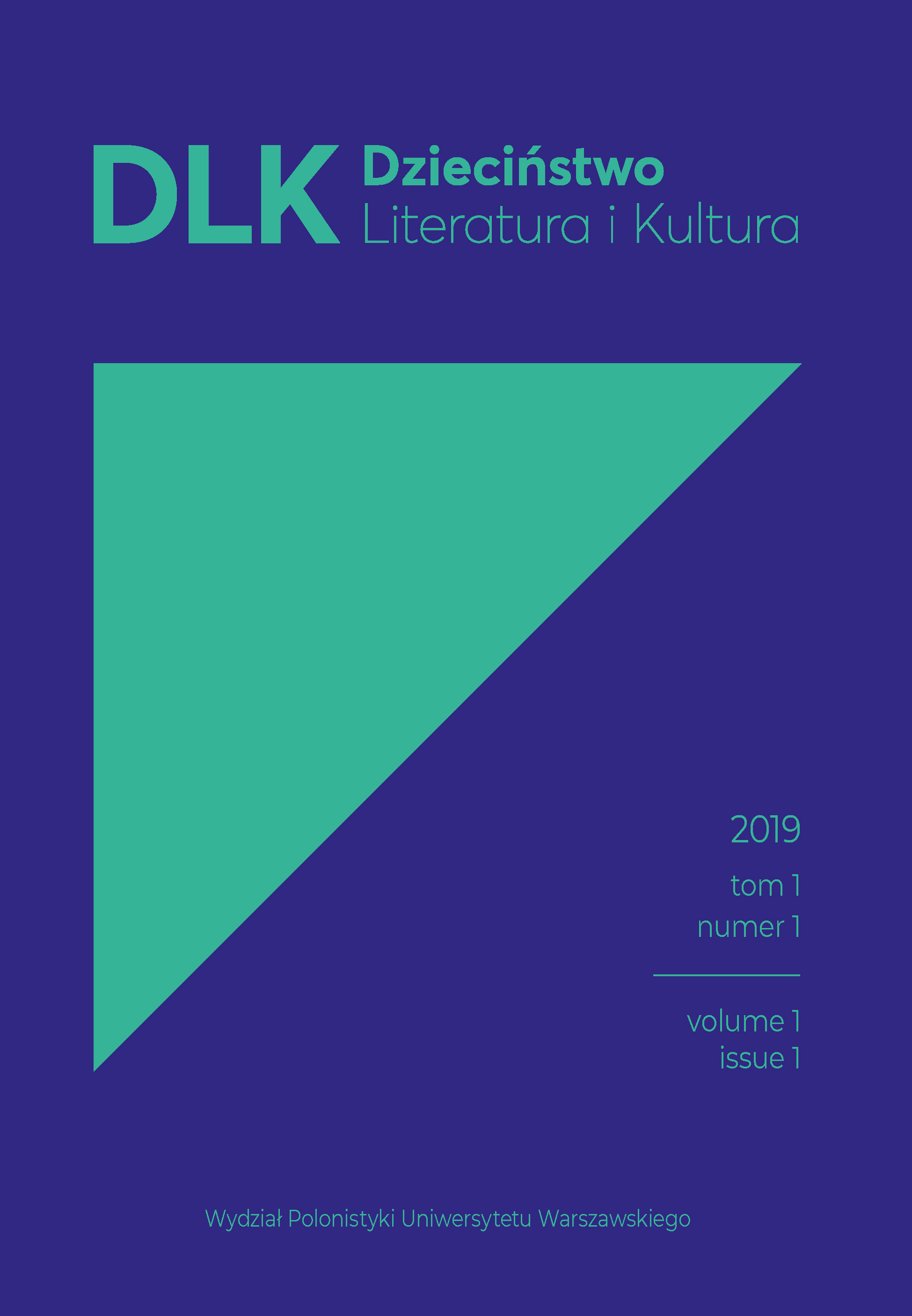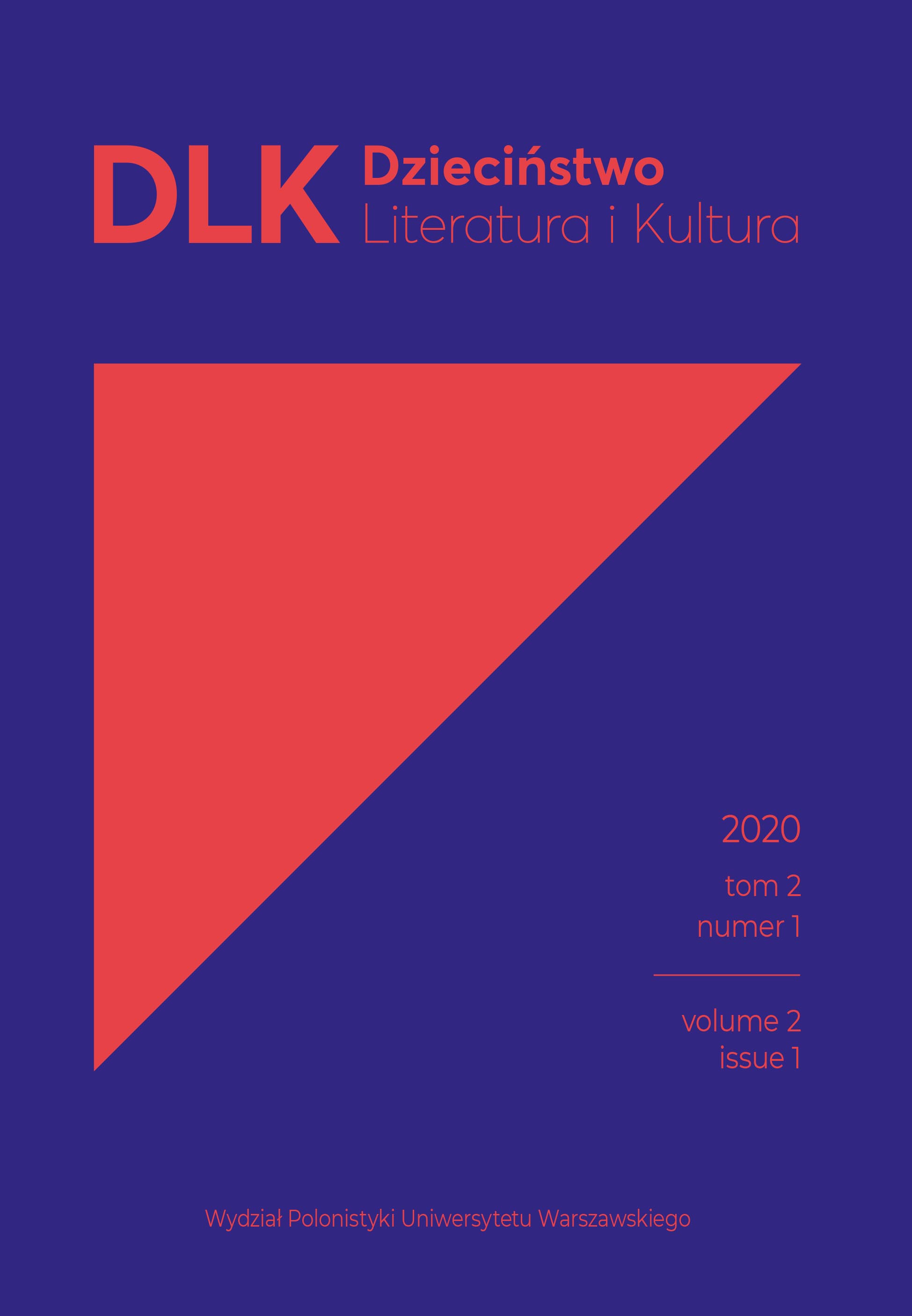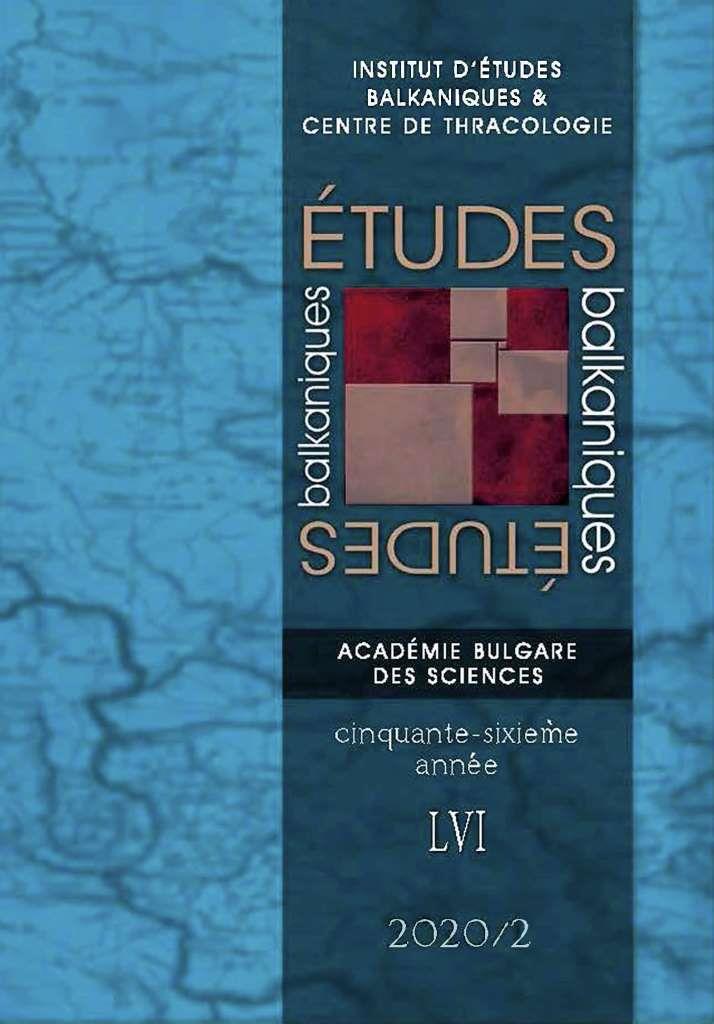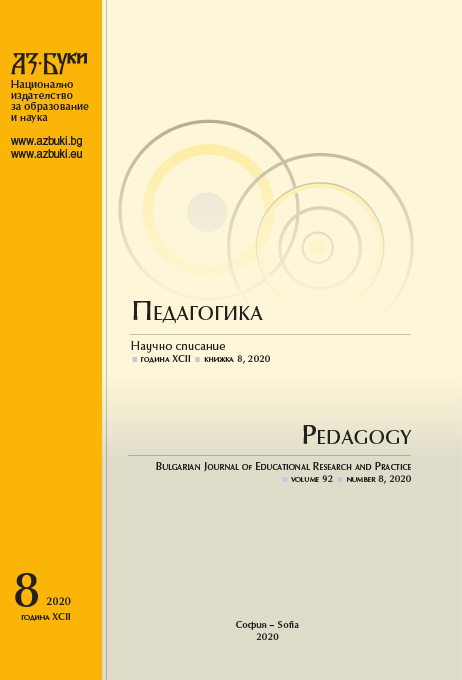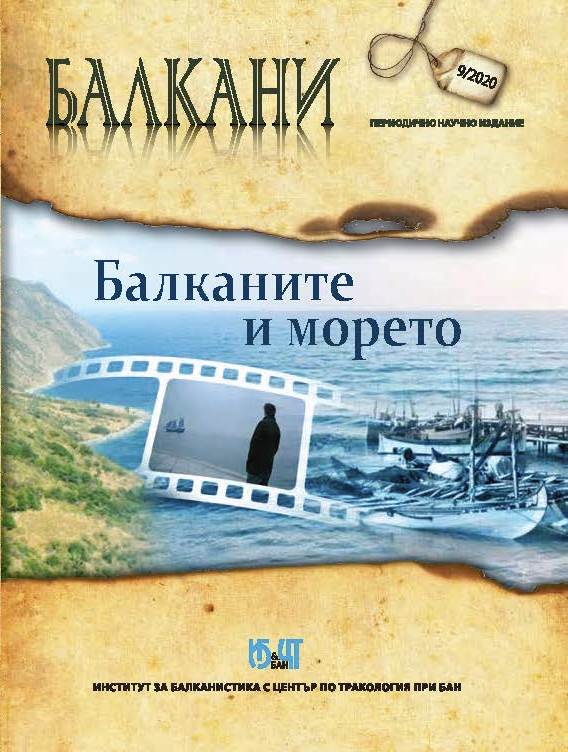Author(s): Svetlozar Eldarov / Language(s): Bulgarian
Issue: 1/2020
In 2020, Bulgarian mountaineering celebrates 125 years since its inception. It began on August 27, 1895 with the first mass ascent of Cherni Vrah (2290 m), the peak of Vitosha Mountain, located near the capital of Bulgaria – Sofia. This was initiated by two of the most popular Bulgarian writers and public figures in that era – Aleko Konstantinov and Ivan Vazov. Thus, only three decades after the establishment of the Alpine Club in London (1865), which marked the beginning of modern mountaineering, and only 17 years after the liberation of Bulgaria from Ottoman rule (1878), Bulgarians adopted a modern European idea, which at that time still inspired the continent. For various reasons, the mountaineering association, established in 1895 ceased to exist, but mountain tourism continued to develop as a free initiative. In 1899 the First Bulgarian Tourist Association „Aleko Konstantinov“ was founded in Sofia, similar companies appeared in other cities of the country and thus a permanent organization was created under the name Bulgarian Tourist Association (BTA). Although the first companies were called „tourist“, the main place in their activities was occupied by classical mountaineering.Apart from organized excursions in the mountains, BTA developed active cultural and educational activities for the promotion of mountaineering and tourism, for a healthy lifestyle and for the protection of Bulgarian nature. To this end, in 1902 the monthly magazine „Bulgarian Tourist“ started to be published, as an official body publication of the BTA. An important place in the ideology of Bulgarian mountaineering then occupied the neo-Slavic movement and therefore consequently at the Slavic Congress in Sofia in 1910 the issues of „Slavic tourism“ became part of the agenda. In 1912, on the eve of the Balkan War, BTA united 12 companies (branches) with 650 regular members. The majority of them were people of culture, science and art, teachers and civil servants, representatives of the middle class. Military officers on active duty, and from the reserve of the Bulgarian army, also took an active part. Although relatively smaller in number, from the very beginning women have also participated in the Bulgarian mountaineering and tourist movement. The tradition established in 1895–1912 became widespread and developed rapidly after the First World War.
More...
